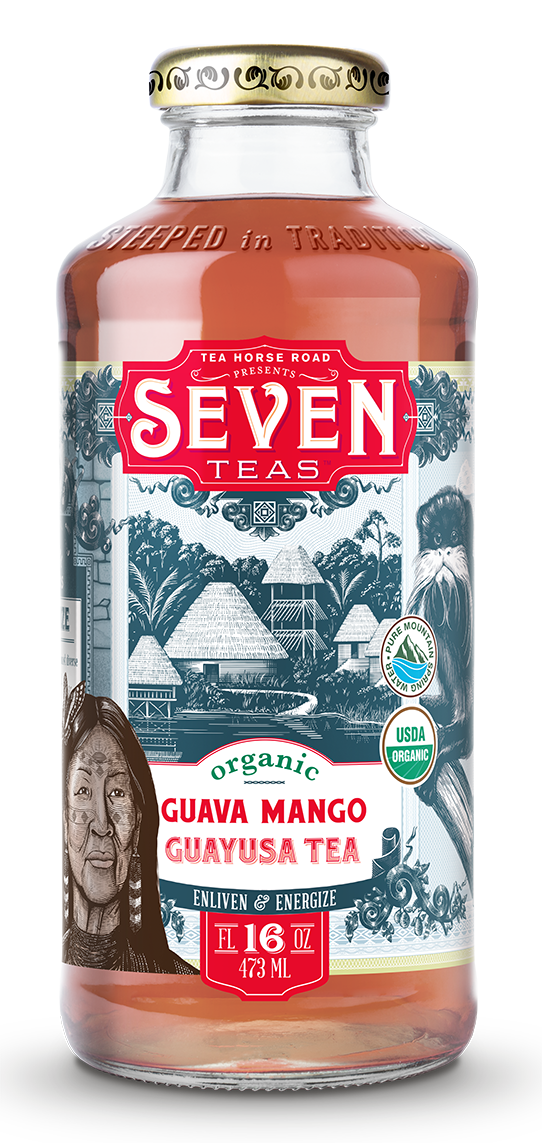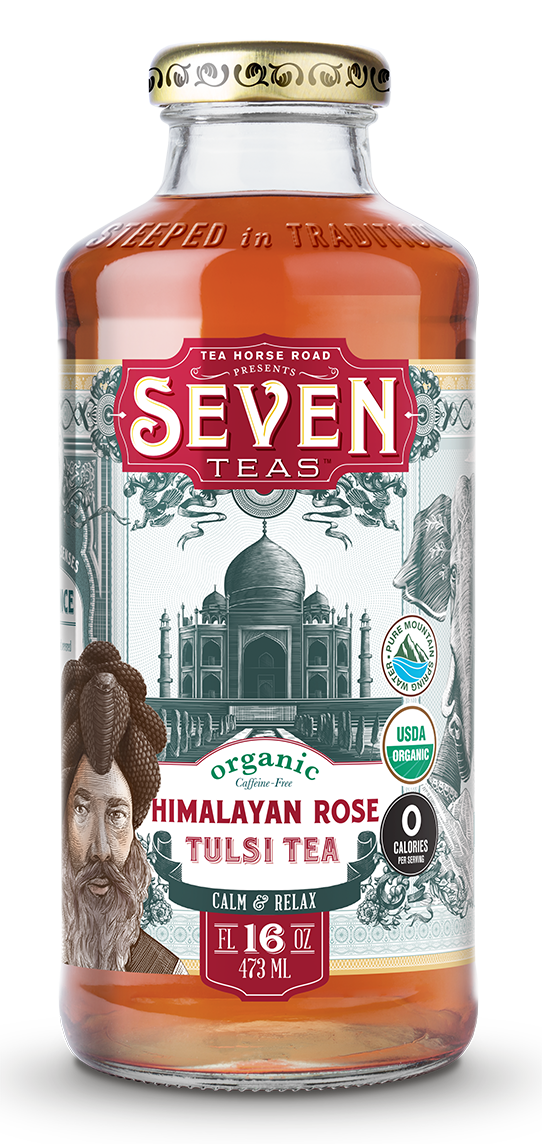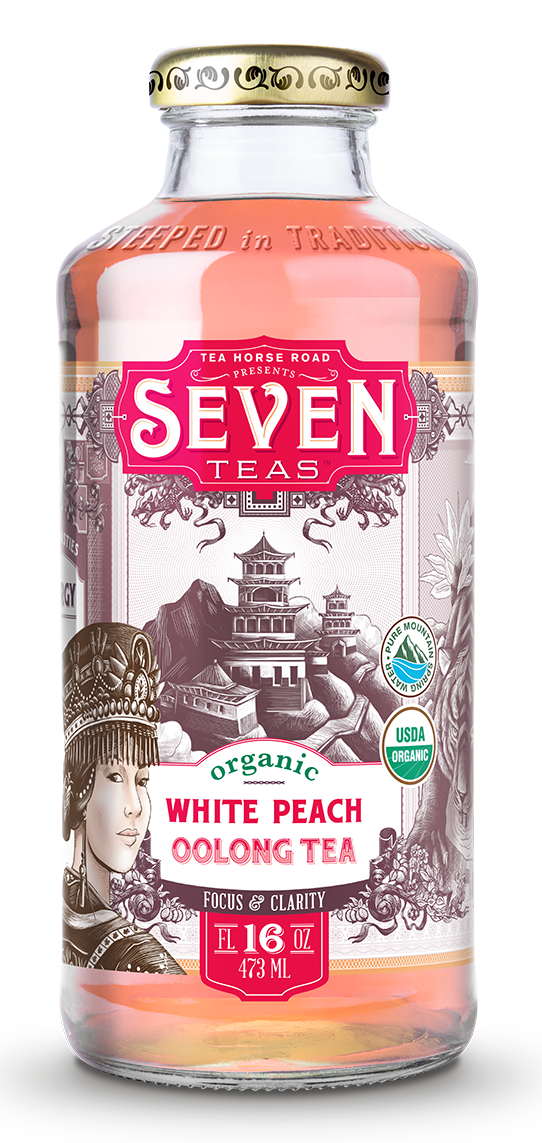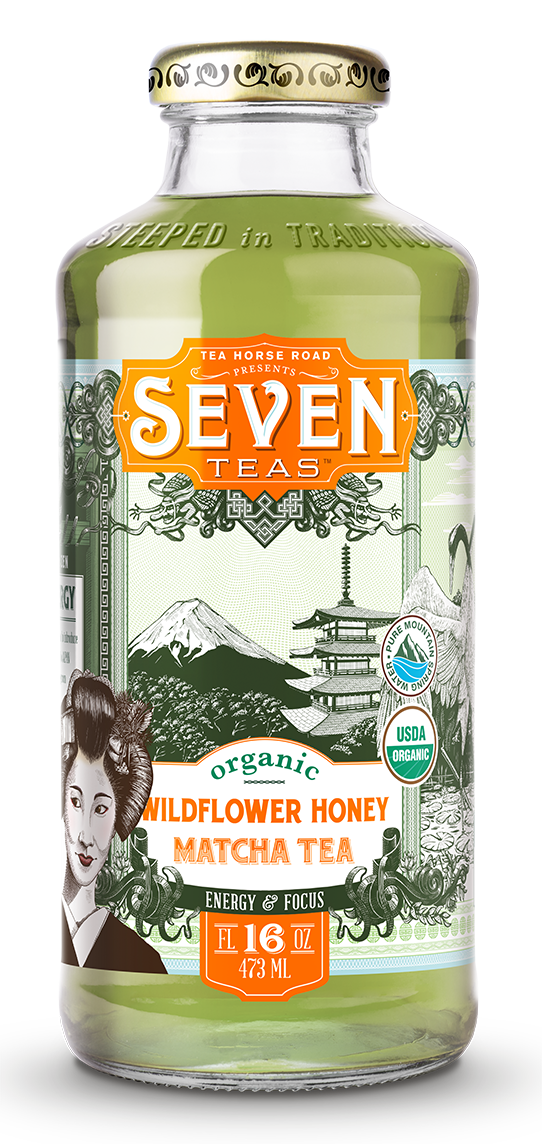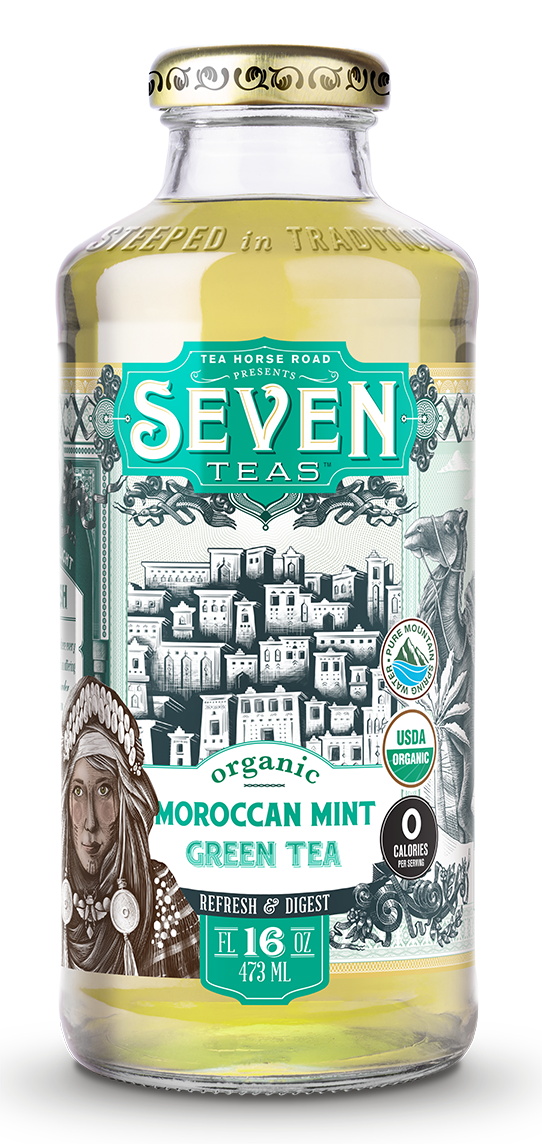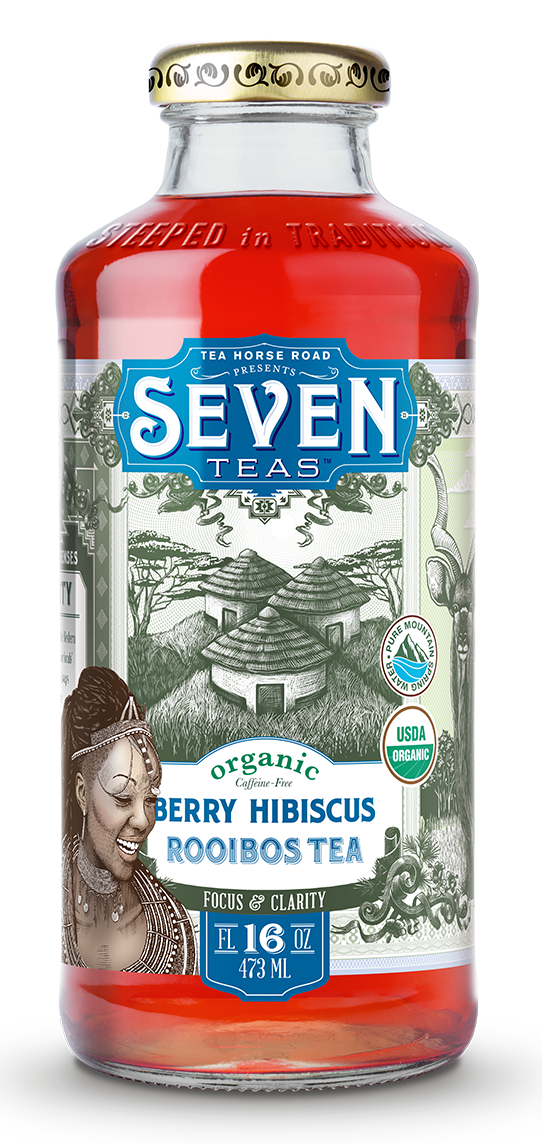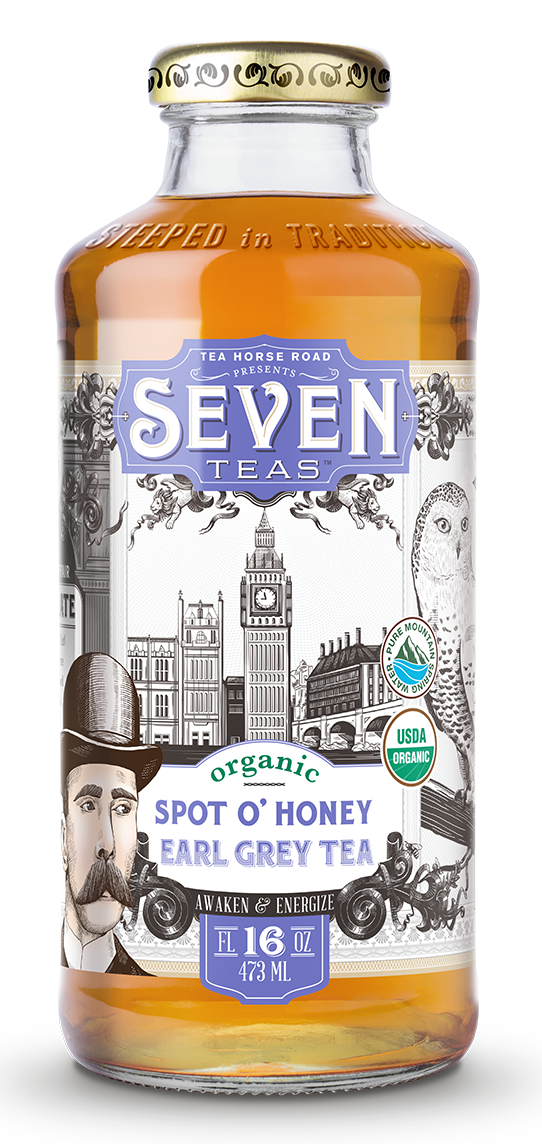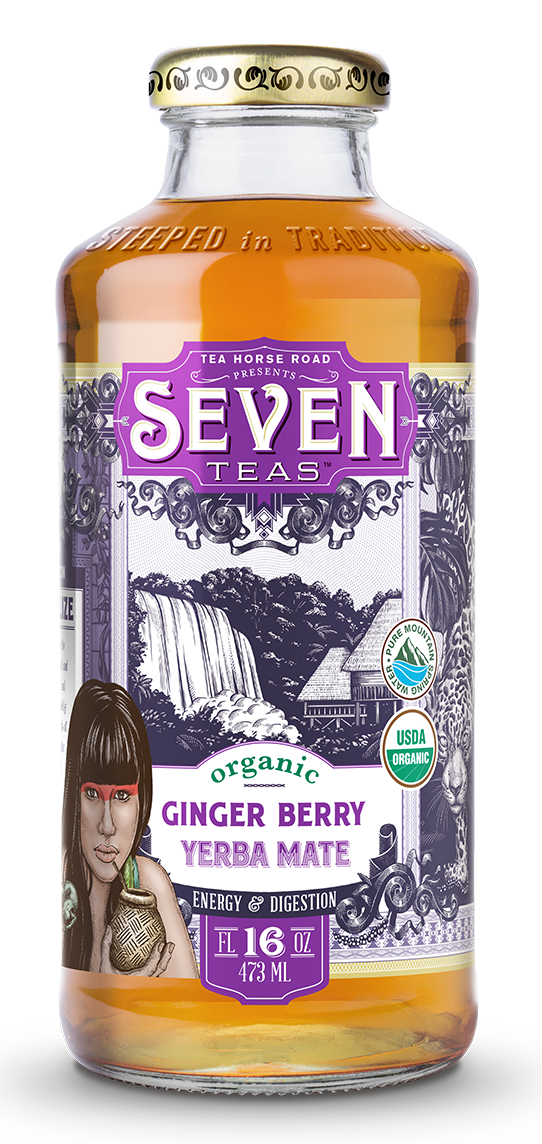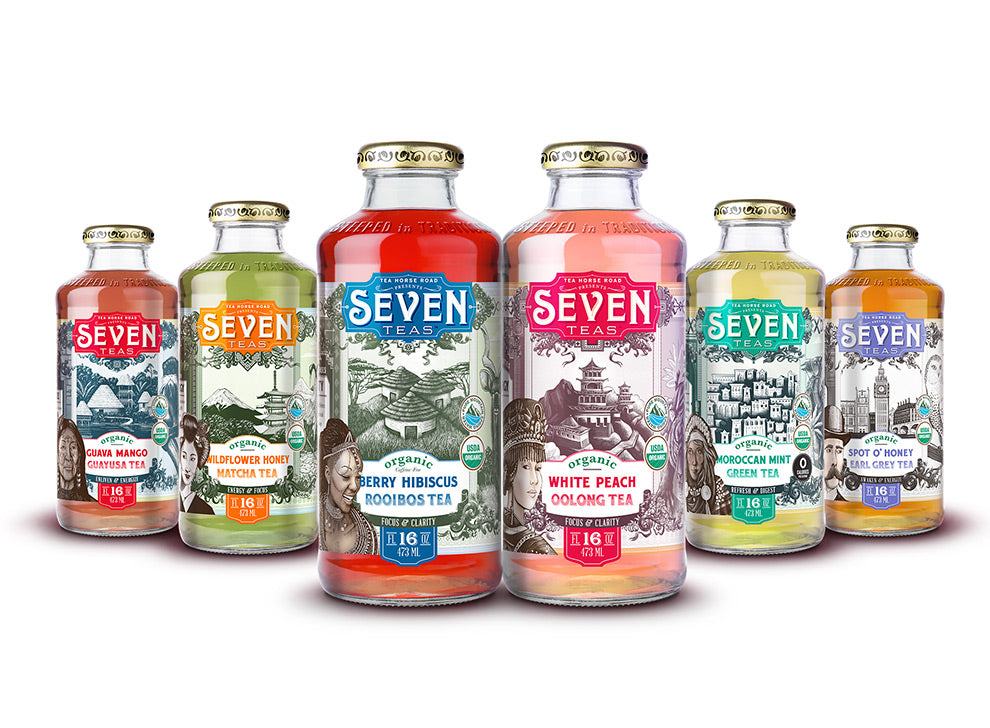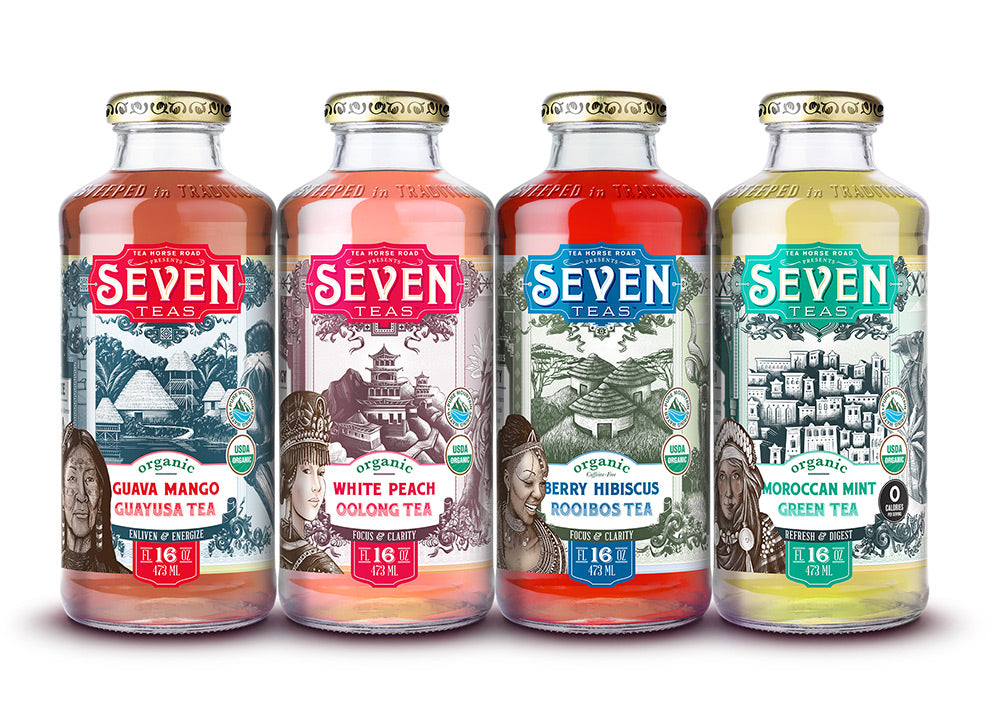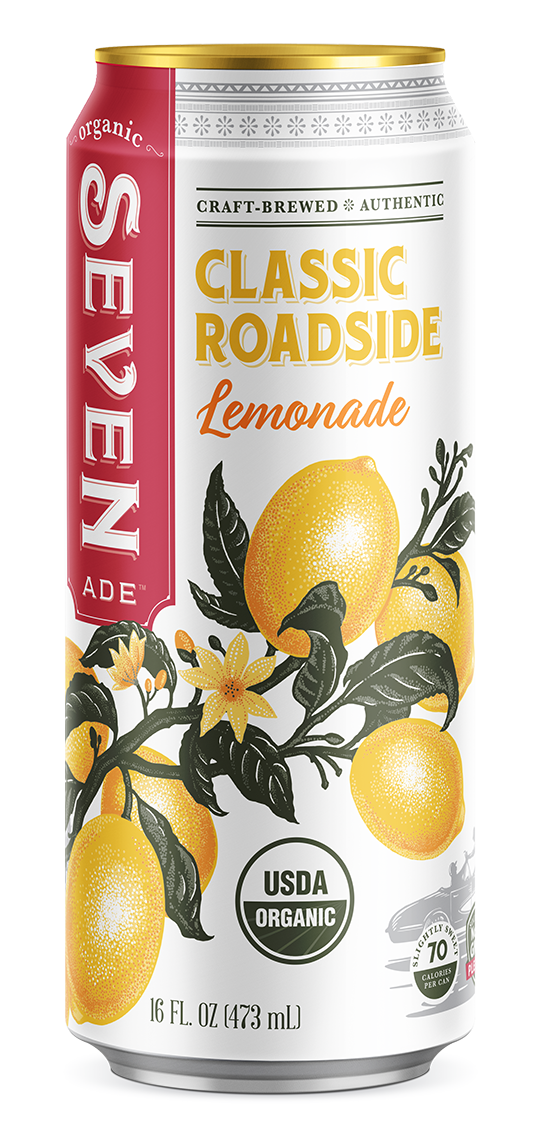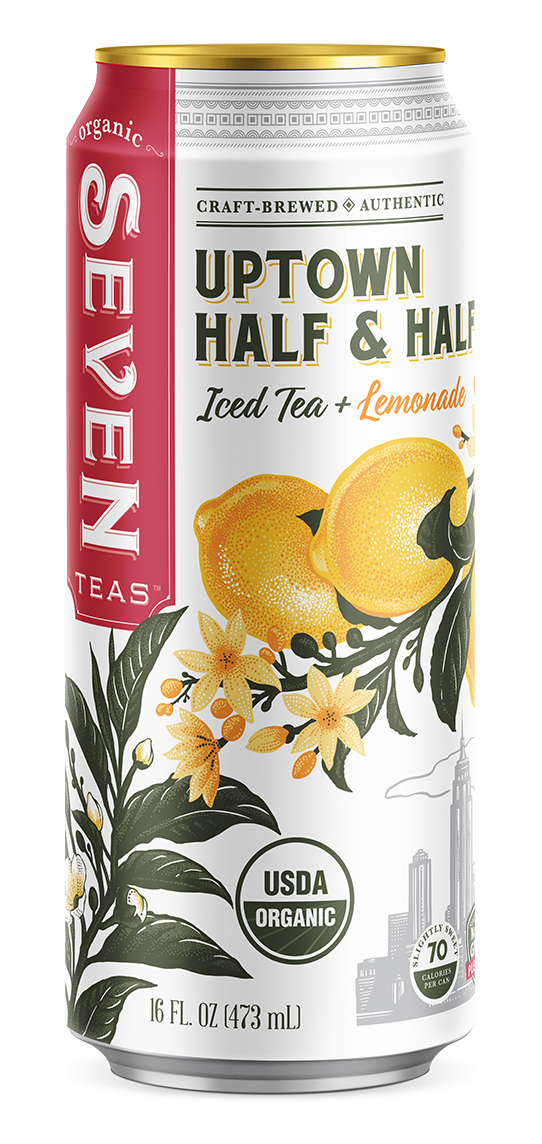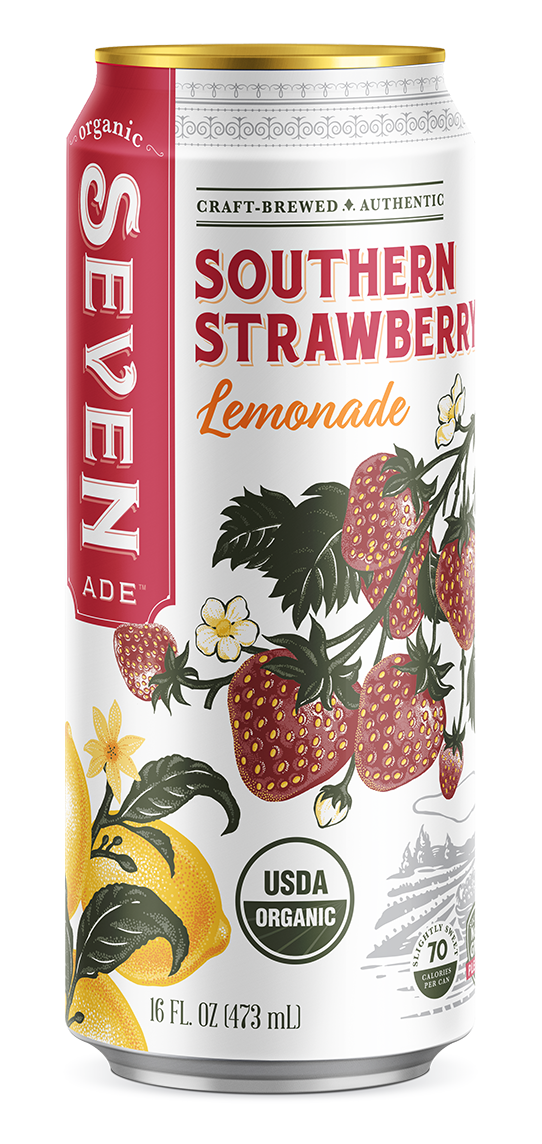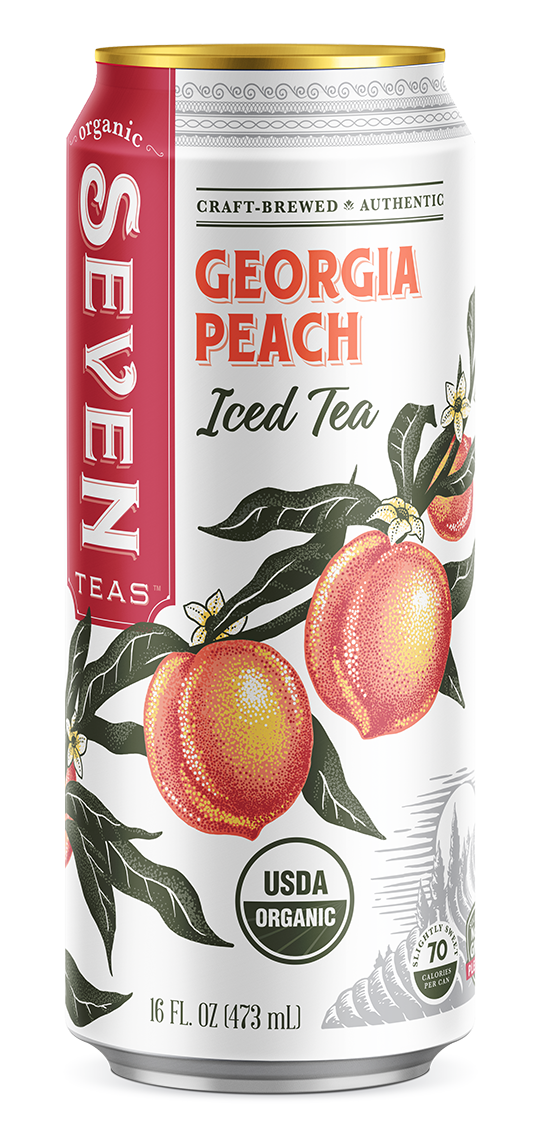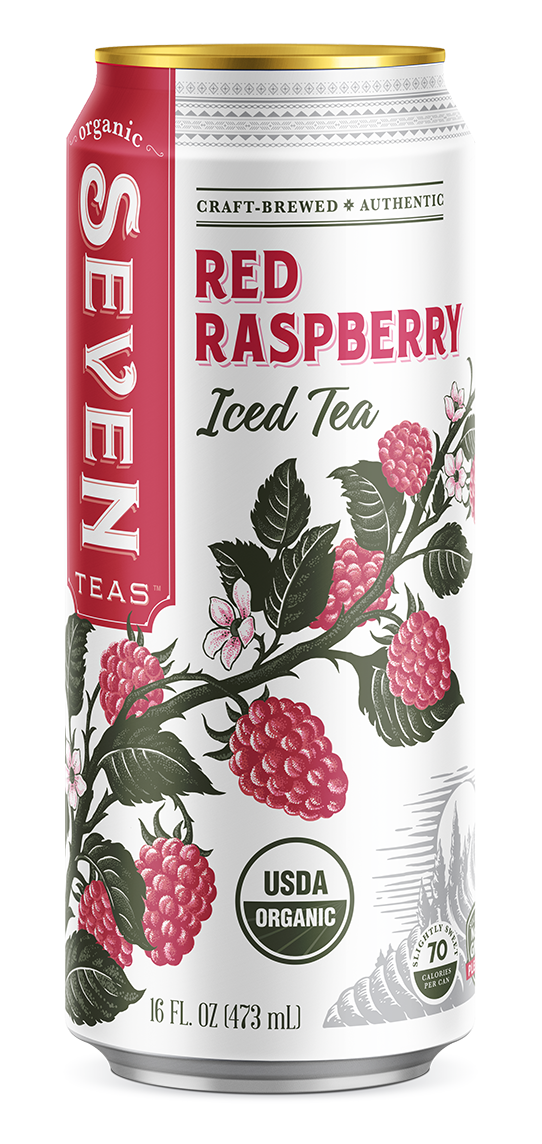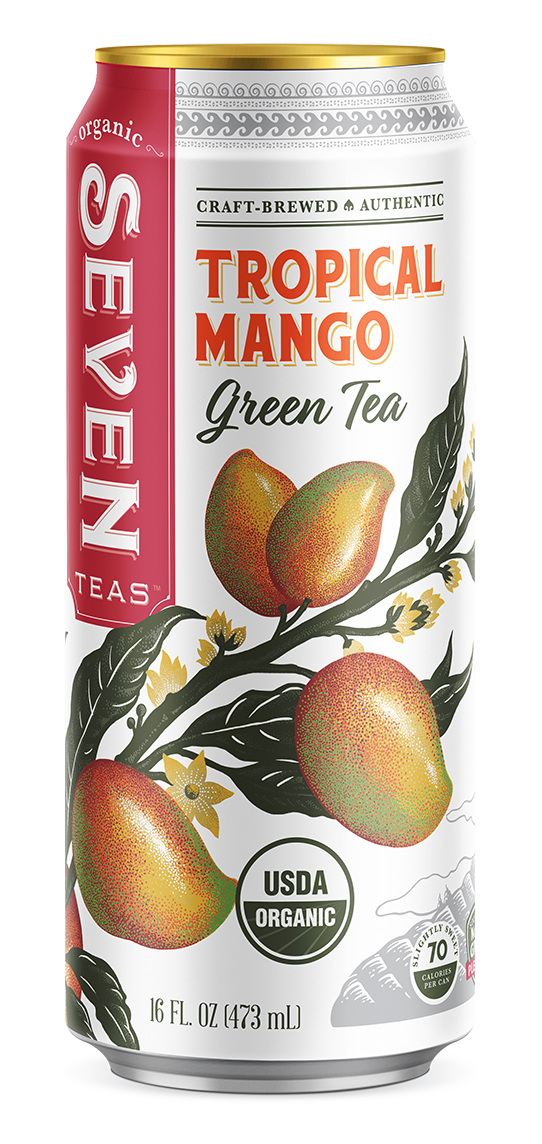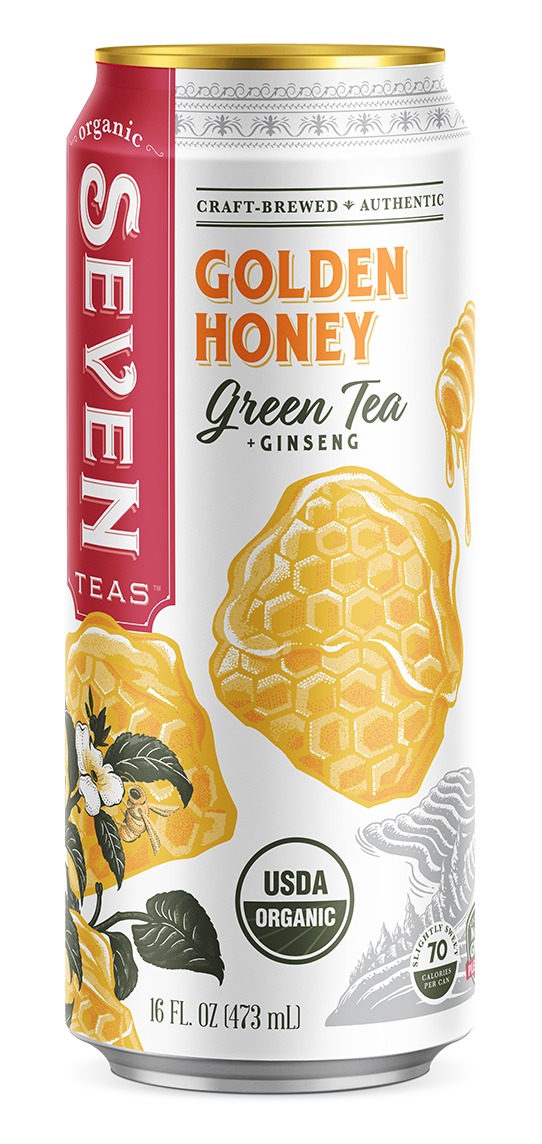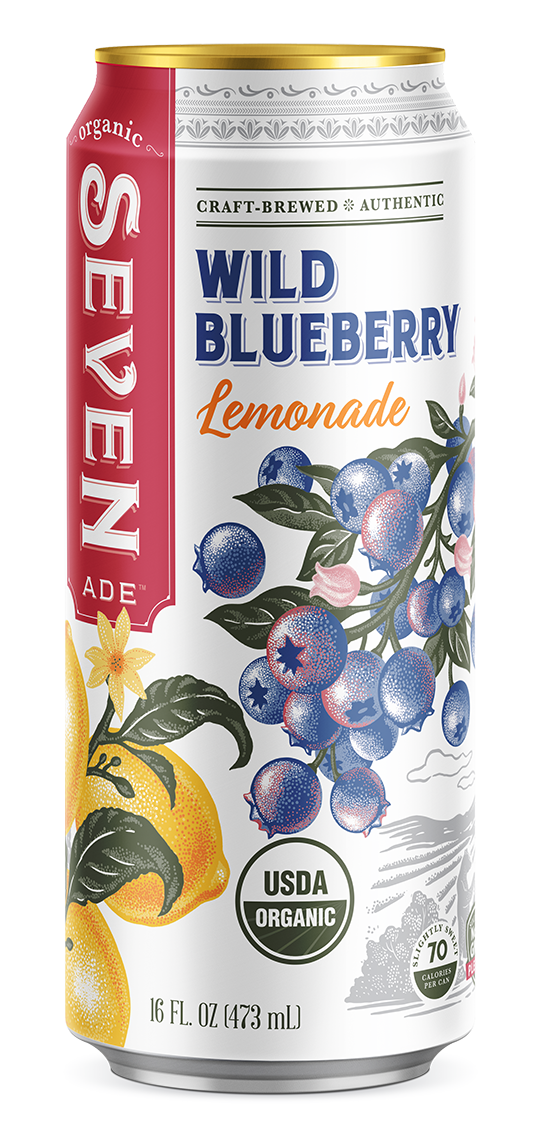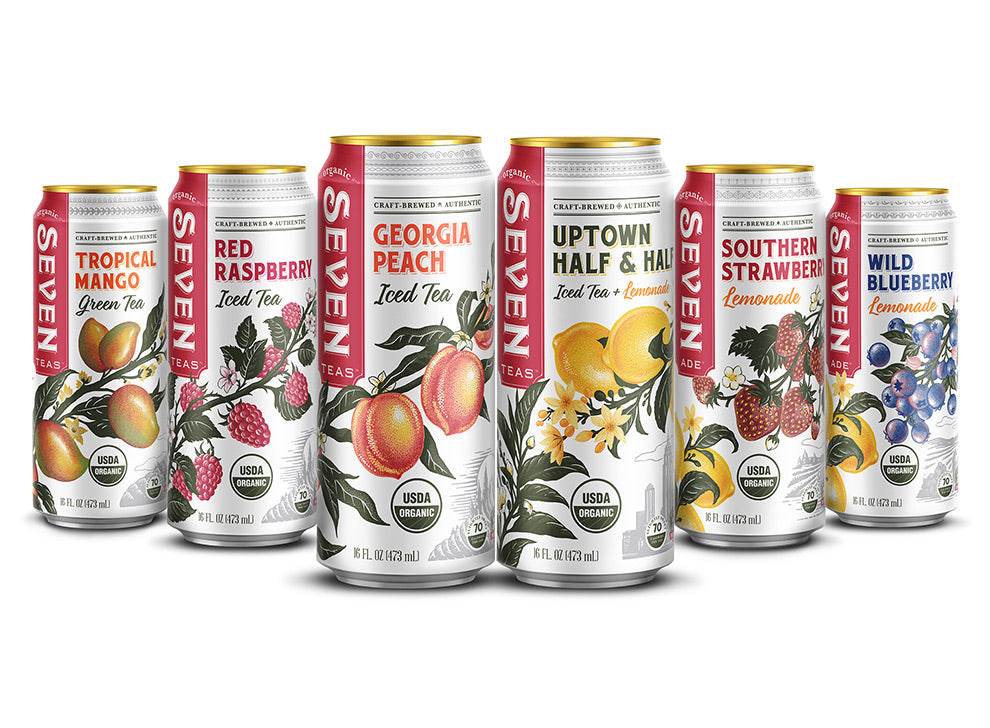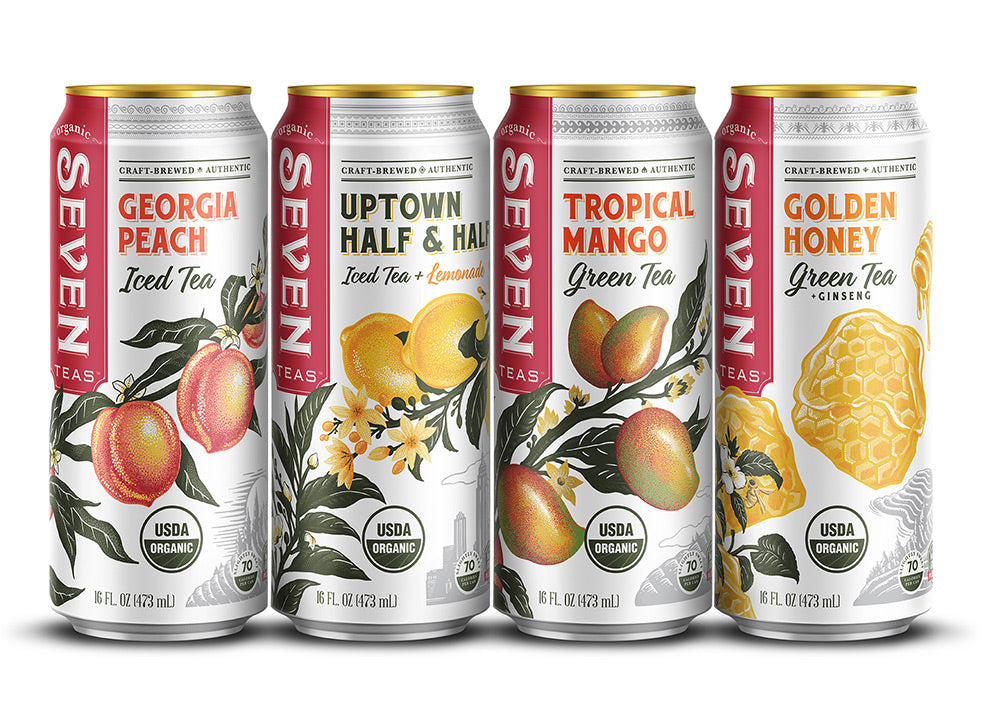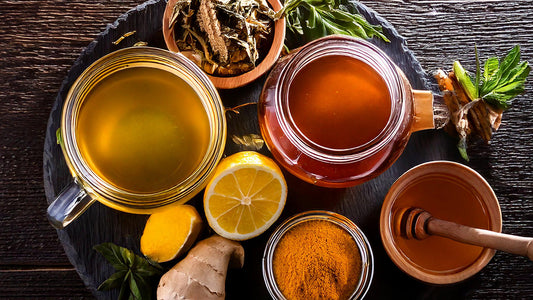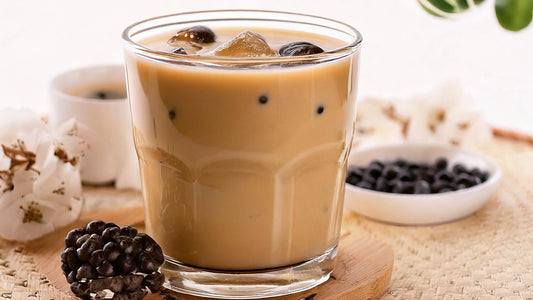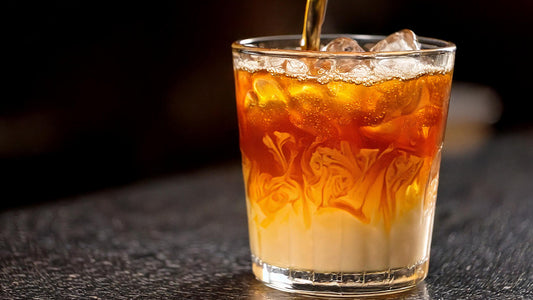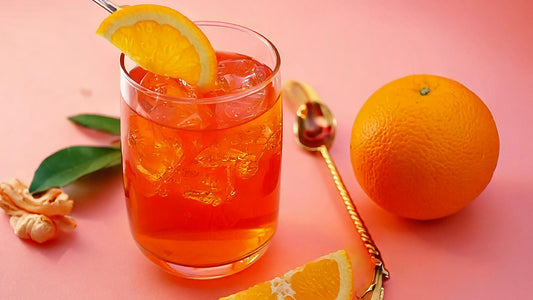In a world that moves at a fast pace, finding moments of comfort becomes increasingly crucial. A simple pleasure like sipping a cup of milk tea can transport us to a place of calm and warmth.
Making your own milk tea at home is more than just a culinary endeavor; it's a journey into the diverse and rich world of tea. If this is your first time making it, then this guide is for you! Learn the basics of this tasty, well-loved drink and how to make milk tea without having to leave your home!
What is Milk Tea?
Milk tea is a globally beloved beverage that harmoniously blends the robustness of tea with the creamy texture of milk. This dynamic duo can be enjoyed in myriad ways – hot or cold, sweetened or unsweetened, and infused with various flavors. To truly appreciate milk tea, it's essential to explore its variations across different cultures.

What are the Different Types of Milk Tea Around the World?
There’s actually more than just one type of milk tea, and different parts of the world have their own version of it! It’s an interesting way to see the difference between these types of milk tea, and if you don’t like a certain type of milk tea, then you can just try another version, too!
Thai Milk Tea
Thai Milk Tea, known for its distinctive orange hue, is a delightful blend of strongly brewed black tea, condensed milk, and sugar. Served over crushed ice, it provides a refreshing respite, making it a popular choice in Southeast Asia.
Bubble Milk Tea
This is probably the first thing that comes into mind when you hear of milk tea. Originating from Taiwan, bubble milk tea has taken the world by storm. Often referred to as Boba Tea, it comes with chewy tapioca pearls at the bottom, creating a unique textural experience that has been well-loved everywhere.
British Milk Tea
A cornerstone of British culture, British Milk Tea or "builder's tea" is a robust black tea served with milk and sugar. This straightforward yet comforting brew is a daily ritual for many, offering a moment of solace amid busy lives.
Indian Milk Tea
In India, tea is synonymous with chai. Indian Milk Tea, or chai, combines black tea, milk, and a blend of aromatic spices such as cardamom, cinnamon, and cloves. It's a spiced symphony that warms the soul.
Types of Tea for Milk Tea
If you’re a milk tea enthusiast, then you probably already know this, but if not, then did you know that there are different types of tea used in milk tea? That’s the beauty of this drink: you can customize it based on your preferences. Yes, there are different tea bases you can use to whip up your tasty concoction.
Black Tea
Black tea, with its bold and robust flavor, serves as the base for many milk tea varieties. Assam and English Breakfast are the most popular choices, providing a strong foundation that can stand up to the addition of milk.
Oolong Tea
Oolong tea, with its partially oxidized leaves, strikes a balance between black and green tea. It imparts a unique depth of flavor, adding complexity to the overall milk tea experience.
Green Tea
For a lighter alternative, green tea can be used in milk tea. Its delicate and grassy notes complement the creaminess of the milk, offering a refreshing twist.
Earl Grey
The fragrant and citrusy notes of Earl Grey tea bring a sophisticated touch to your milk tea. The combination of black tea with bergamot oil creates a distinctive flavor profile.
Benefits of Drinking Milk Tea
At first glance, milk tea is known to be full of sugar and calories, but, this drink still has some benefits to it!
Gives You a Boost of Energy
The caffeine content in tea provides a natural and sustained energy boost, making it an ideal beverage to kickstart your day or overcome the mid-afternoon slump.
Improves Your Digestion
Tea contains polyphenols and antioxidants that may aid in digestion. Regular consumption can promote a healthy gut and alleviate digestive discomfort.
Promotes Relaxation
Beyond its energizing effects, tea contains L-theanine, an amino acid known for promoting relaxation and reducing stress without inducing drowsiness.
Gives Hydration
Contrary to the belief that tea is dehydrating, the water content in tea contributes to your daily fluid intake, helping to keep you hydrated.
Can Contribute to Heart Health
The antioxidants in tea, particularly catechins, have been linked to potential cardiovascular benefits. They may help improve cholesterol levels and support overall heart health.
Possible Risks of Drinking Milk Tea
Of course, drinking milk tea in moderation is always recommended. Here are the possible risks of drinking milk tea. We know how much you love this drink, but exercising caution puts you at a lower chance of risk.
Can Trigger Weight Gain
Adding excessive sugar and high-fat milk to your tea can contribute to excess calorie intake, potentially leading to weight gain. Opting for moderation and healthier sweeteners is advisable.
Might Give Digestive Discomfort
For some individuals, the caffeine content in tea can lead to digestive discomfort, including acid reflux or an upset stomach. Choosing lower-caffeine tea varieties or opting for decaffeinated options can mitigate this risk.
Possible Staining of Teeth
Tea, especially black tea, contains tannins that can stain teeth over time. Regular oral care and occasional teeth whitening treatments can help counteract this effect.
May Cause Allergies
While rare, some may have allergies to certain components in tea. If you experience allergic reactions such as itching, swelling, or difficulty breathing, it's crucial to consult a healthcare professional.
How Often Should You Drink Milk Tea?
Moderation is key when it comes to enjoying milk tea. While the occasional cup can be a delightful treat, excessive consumption may lead to some of the potential risks mentioned earlier. It's advisable to listen to your body, be mindful of your overall caffeine and calorie intake, and vary your beverage choices for a well-rounded diet.
Easiest Milk Tea Recipe
Creating your own milk tea is a surprisingly simple process. To get started, follow these steps:
- ● Brew a strong cup of your chosen tea, whether it's black, oolong, or green.
- ● In a separate container, heat milk to your desired temperature.
- ● Pour the hot milk over the brewed tea.
- ● Sweeten with sugar, honey, or your preferred sweetener to taste.
- ● Stir well, and there you have it – a comforting cup of homemade milk tea ready to be savored!
Tips on Making Your Milk Tea Tastier
Not satisfied with your homemade milk tea? There’s still hope! Here are some tips to make your milk tea taste like those at your favorite local shops!
Use High-Quality Tea Leaves
Investing in good-quality tea leaves is a game-changer. Their freshness and flavor can elevate your milk tea to new heights. Experiment with different varieties to discover your personal favorite.
Pay Attention to Brewing Time
The brewing time significantly influences the strength and taste of your tea. Refer to the recommended brewing times for the specific type of tea you're using to achieve the perfect balance.
Stick to Fresh Ingredients
The quality of your ingredients matters. Fresh milk and high-quality tea leaves will contribute to a richer and more flavorful milk tea. Avoid using old or expired ingredients for the best results.
Experiment with Sweeteners and Spices
Customize your milk tea by experimenting with different sweeteners. Honey, agave syrup, or flavored syrups can add depth and complexity to your brew. A dash of spices like cinnamon or nutmeg can take it to the next level.
Add Flavored Syrup
For an extra layer of flavor, consider incorporating flavored syrups. Vanilla, caramel, or hazelnut syrups can add a delightful twist to your milk tea, making it a personalized and indulgent treat.
Make Them Cold Brew or Iced
As the seasons change, adapt your milk tea accordingly. Try making cold brews or iced milk tea for a refreshing twist during warmer months. Simply brew your tea, let it cool, and pour it over ice for a chilled and invigorating experience.
Conclusion
The simplicity of making milk tea at home offers a serene escape. The journey from choosing the right tea leaves to crafting the perfect cup is a delightful exploration of flavors and cultures. From the aromatic spices of Indian chai to the playful pearls in Bubble Milk Tea, each variation tells a unique story.
Understanding the benefits and potential risks ensures you savor this beloved beverage in moderation, respecting its place in your overall well-being. You are now equipped to embark on your own milk tea-making adventure. So, embrace the joy of a well-brewed cup, experiment with flavors, and relish the comforting ritual of homemade milk tea. Cheers to the simple pleasures!
Looking for high-quality tea bases for your homemade milk tea? Seven Teas got you! Shop now and discover an extensive selection of refreshing and excellent tea choices that’ll take your milk up a notch.
